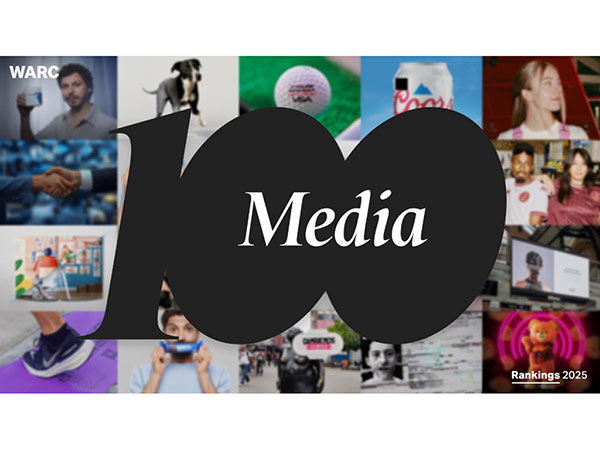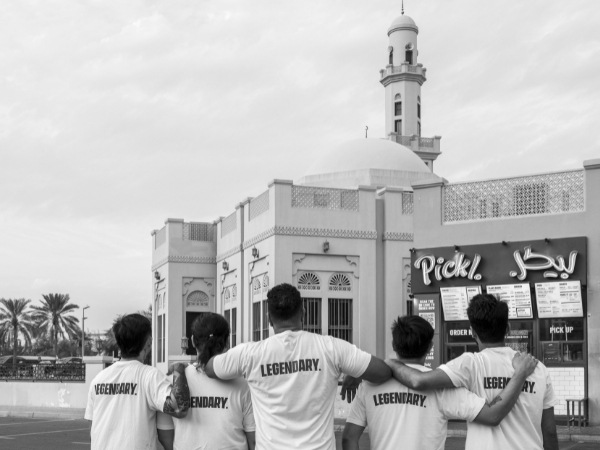News - Advertising
Our stories are on life-support, where do we go from here? asks Thomas Kolster
by Thomas Kolster
June 12, 2018

The business of storytelling is a very thankful business, whether it’s a Hollywood script, a piece of investigative journalism or a 30-second commercial. As always, it’s about the narrative, the good story but like the teenage girl retaking selfies until it’s pose perfect, we have all become storytellers trying to amplify the right story about ourselves to the world.
It seems like the roles are being reserved. Girls being savvy communicators and brands behaving like grass root activists. There is probably a hippie or two from my dad’s generation, that’s shaken in disbelief as big companies and conglomerates today like McDonald’s or Henkel suddenly speak up for the injustices in our society call it corporate activism or call it goodvertising. The Times They Are a-Changin' as Bob Dylan chimed in 1964 launching a global protest song. But are we in advertising ready for that people-powered change?
Business is everybody’s business
“When power balances shift, revolution or transformation happens. The power of the people is greater than the people in power!” exclaimed Egyptian Internet activist, Wael Ghonim, during the Arab spring. With business becoming everybody’s business, there’s an increasing pressure on cutting through the noise of conversation and communication. The monopoly of storytelling is challenged when everybody armed with a smartphone can spread a good story that contests the social, cultural or economic elite at lightning speed. This surge in quantity and quality of content undeniably reveals real gold nuggets that stand up to the power-elites, but also challenges us in the business such as the #MeToo-movement in 2017, which hijacked the attention of all. It’s saying that the biggest communication campaign from 2017 making it to the cover of Time Magazine didn’t even come from the ad industry itself, but a faceless movement of women. Or take Movember (the charity creating attention and fundraising to combat testicular cancer); they understood a decentralized communication model and empowered everybody to co-create and co-play with their cheerful beard-growing-activities. Today it’s one of the globe’s most visible communication activities and Movember has turned into big player in the non-profit world. It’s no longer about campaigns; it’s about platforms that empowers and unleashes people’s creativity and intensifies their voices. Even the power-elites seem to circumvent the traditional media channels and opt for social media or whistleblower sites, when they have an agenda that goes against the institutions, with no better (or worse) an example than Mr. Trump.
Count those impact apples
I judge a fair share of impact and do-good awards over the year. To be perfectly honest, for the most part, they’re gimmicks. What I miss are those exciting standout solutions I see from the sustainability-nerd-club where people are using coffee waste to grow successful mushroom businesses, as if it was the most natural thing to do. We need to refocus from short-termist sales results, superficial social media metrics and clickbait campaigns to realise change cannot be compared to a click or a YouTube thumbs up. We need a discussion around real change metrics – what about tons of emissions or lives saved? Road accidents prevented? Kilos of extra waste collected? Behaviour changed?
If we as an industry are to be taken seriously as agents of change these metrics need to be an incremental part of every brief: how can you measure or quantify the impact of your initiative or campaign?
Invite difference inside – hire a farmer
We are blinded by our own genius, and after all those commercials that have made millions of people laugh and moved market shares by the truckloads, who can blame us? It is this same vanity that stands in the way of tackling the complex sustainability problems that demand collaboration, not egos.
We are the creative army of uniformly black-clad marketing types that stand in stark contrast to the eco-entrepreneur (read: farmer) in boots arguing halophyte agriculture can be the saviour of the food crisis. We should not only think different, but dare to invite difference into agencies and marketing departments.
Ready to compete with a billion people?
It’s been a great year for Goodvertising in the region with the Dubai Lynx awarding their highest accolades - the Grand Prix – to more campaigns than ever before like #SHEDRIVES for Nissan Saudi Arabia by TBWA\RAAD, Dubai, UAE, “The World’s Most Eligible Bachelor” for Ol Pejeta Conservancy by Ogilvy & Mather Africa, Nairobi, Kenya or “The Woman Behind the Veil” for Al Rajhi Bank by FP7/RUH, Riyadh, Saudi Arabia. This is an applaudable development that brands dare to stand up and the agencies begin to think bigger! But we’re not there yet – by far. As an industry we can do so much more to contribute to society – not just through storytelling – but by truly changing what advertising and marketing can be.
A campaign that caught my attention was “One-Drop Bottle”, for Henkel by TBWA\RAAD, Dubai, UAE. It’s a tough balancing act; is it worth creating a wasteful packaging stunt to get people to save soap? I guess a few tons of extra plastic are worth sacrificing for a potential lower water footprint and soap usage. As people working in this lovely industry of ours we have yet massive power, but if we don’t manage this power responsibly, people will be turning their backs on us – like we now see increasingly in most Western markets. Your voice matters, but by the end of the day, you have to make work that truly makes a (measureable) difference.
Put your creative ego aside and start embracing a new paradigm, because your story – or your idea – is challenged not by your peers at the next Dubai Lynx only measured in the thousands, but by billions of people around this globe, that are all storytellers and innovators. Are you ready to outcry and outthink the new billion-people-competition?


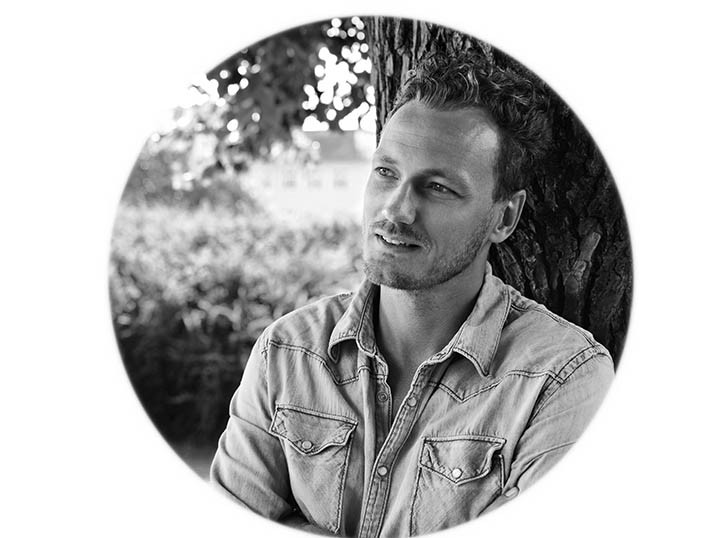
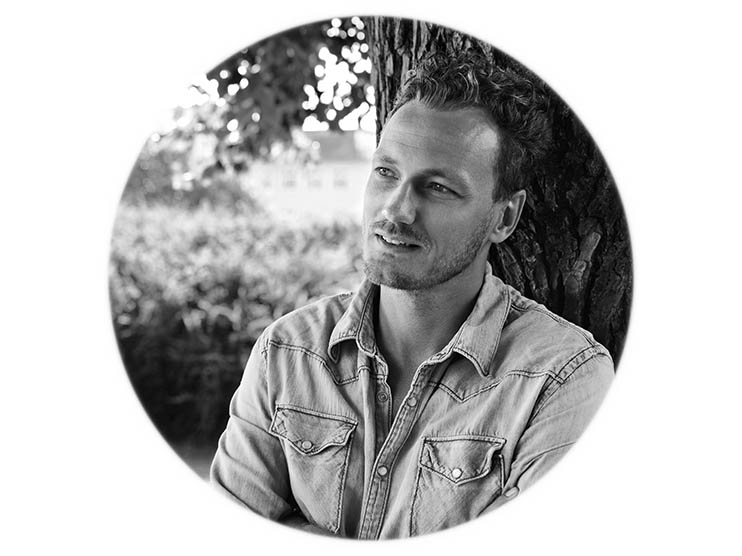

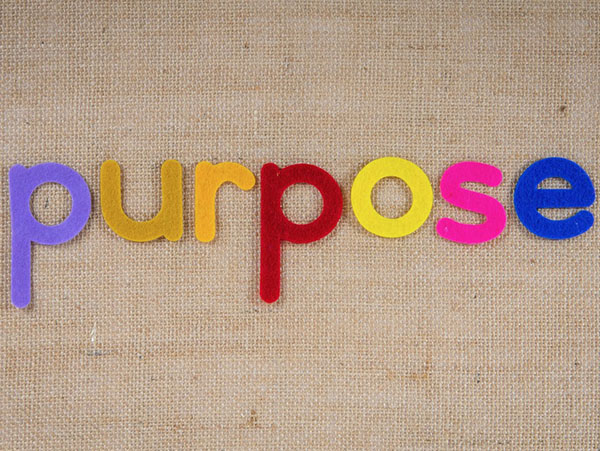
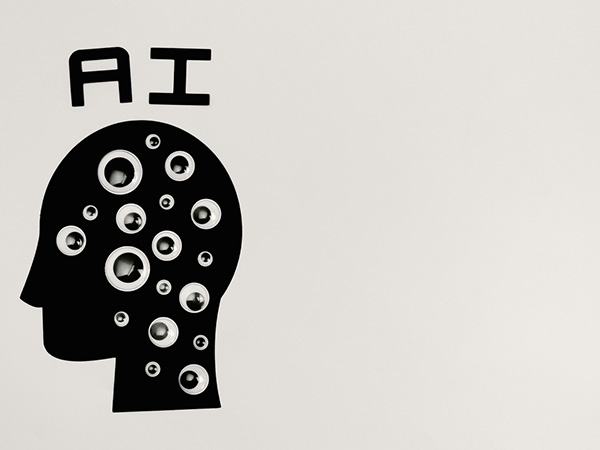
.jpg)
